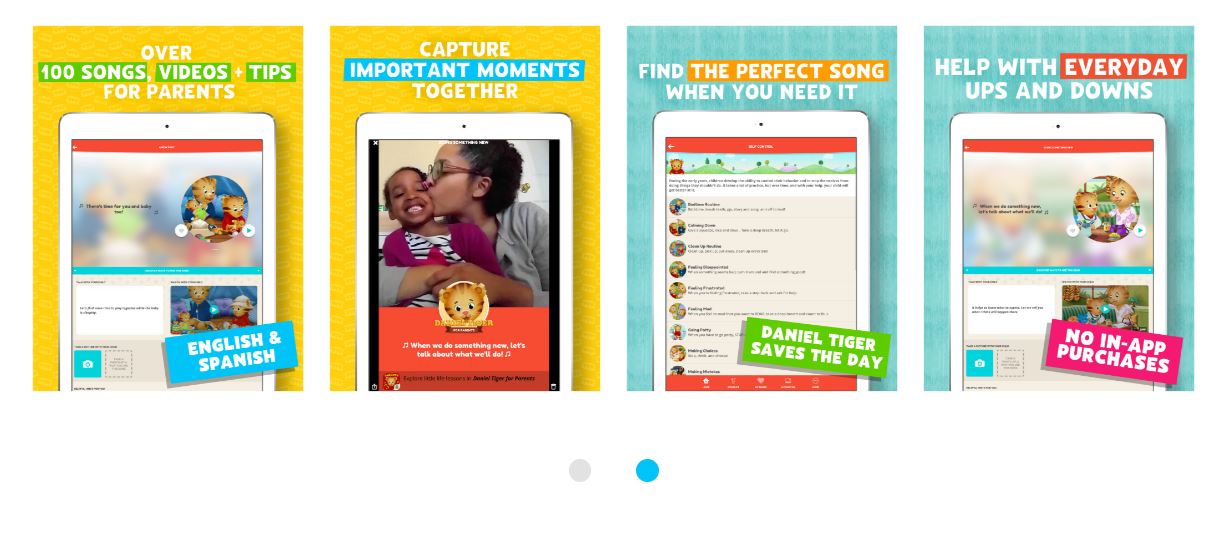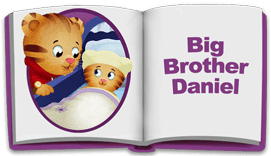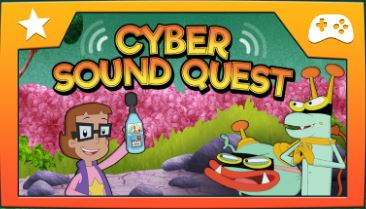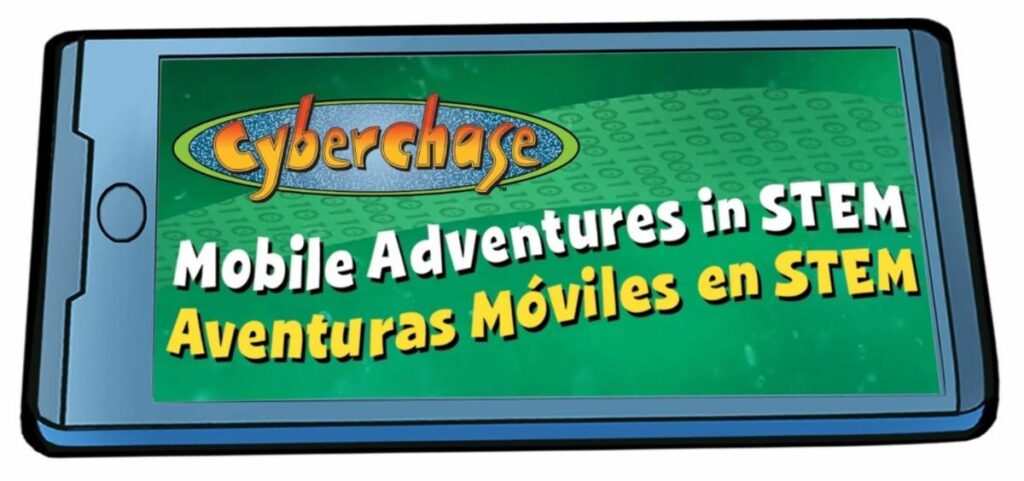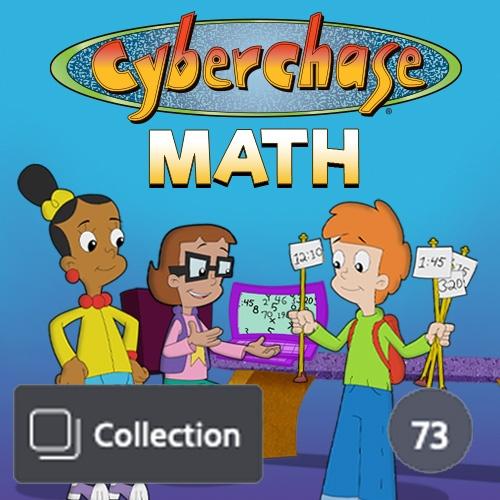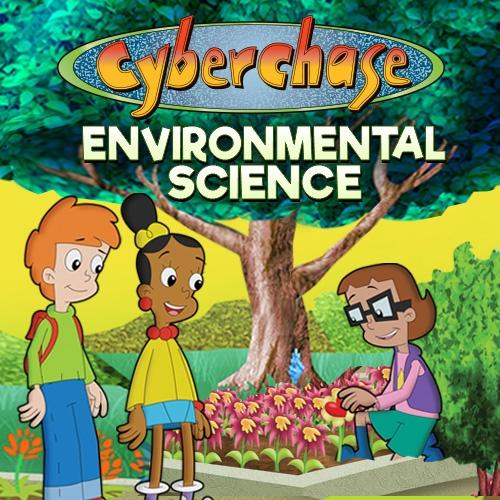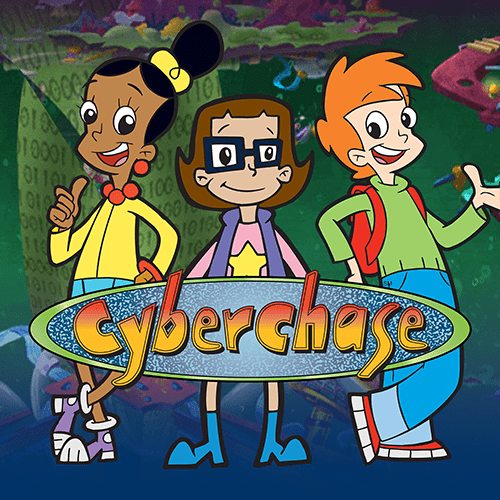Play games and watch full episodes of Alma’s Way: https://pbskids.org/almasway in English & https://pbskids.org/es/almasway en Español:
NEW!: Watch the Full Movie: Alma’s Summertime Musical
“Alma’s Way” is an engaging, animated series for children ages 4 to 6 created by Sonia Manzano, who played Maria on “Sesame Street.” The series stars 6-year-old Alma Rivera, a proud and confident Bronx-born, Puerto Rican girl, who lives in the Bronx with her family and a diverse group of friends and neighbors. In each story, Alma speaks directly to the audience in her “Think Through” moments, where she learns to think for herself, make decisions, and understand other people’s points of view — while making lots of messy and hilarious mistakes all along the way.
Where to Watch:
- WXXI Kids 24/7 Channel on TV 21.4/Cable 1277 (or 1278)
- WXXI Kids website Live Stream or PBSKIDS.org and the PBS KIDS free Video App. (Download) & en Español:
- PBS KIDS YouTube channel > (Alma’s Way Full Episodes in English)
Watch Full Episodes & Clips Below on this Alma’s Way Playlist / Alma’s way Episodio Completo
WXXI Education Favorites
Here are a few of our favorite Alma’s Way Activities & Articles:
- Article: Learn more about the Real-Life Inspriation Behind Alma’s Way
- Recipe: Make Abuela Cecilia’s Mofongo
- Book Suggestions: 11 Picture Books to Celebrate Hispanic Heritage
- Recipe: Make Piragua to Share with a Friend!
- Article: Taking 2 Languages to Preschool: Supporting Dual-Language Learners
- Book Suggestions: Books About Latinos Who Made a Difference
- Article: Using Stories to Nurture Your Child’s Identity
Alma’s Collection from PBS LearningMedia includes Video Activity Bundles & Games
Learn more at the PBS KIDS for Parents Alma’s Way Show Page
Learn the Alma’s Way theme song:

